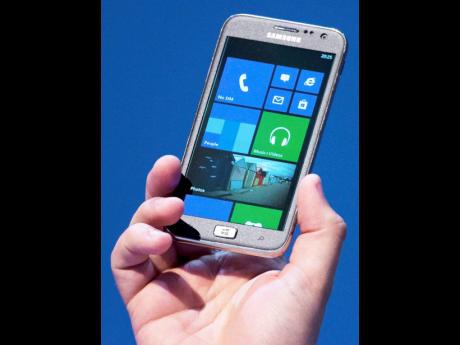Telecoms earn more revenue but still losing subscribers
Telecom provider Flow raised its cable rates in September and plans to raise mobile data rates come next month, while Digicel hiked its internet and cable fees in July which, according to regulatory data, reflects a wider shift across the sector of higher combined revenues earned from a dwindling subscriber base.
Mobile subscriptions are hovering at their lowest point in four years, at 2.9 million. The telecoms have lost 350,000 subscribers on average since the fourth quarter of 2016 – the peak period for mobile subscriptions – but their combined income has risen.
The sector earned $22.1 billion in revenue for the June 2019 quarter, up 7.8 per cent from $20.5 billion in the similar period in 2018, according to the Telecoms Market Information Report published this month.
At the same time, only fixed-line services grew subscribers in the quarter when compared with year, earlier levels. Subscriptions for mobile and internet services fell.
Telecoms earn the bulk of their revenue from mobile services, followed by internet services, and fixed-line phones. The shrinkage in subscriptions have been offset by a series of price increases that the telecoms have argued over time are needed to cover the cost of deploying services and for continuous improvement of packages they sell.
“Flow, like many other businesses in Jamaica, has been faced with increased operating costs,” stated the provider on its website in anticipation of queries on its latest rate hike. “We have had to adjust our rates as we manage our rising operational expenses while providing our customers with the best value,” the company said. “We have, however, tried to keep the adjustments to a minimum in order to reduce the impact on our valued customers.”
Digicel, for its part, on reasons for its hike in cable rates, stated that over the past year it made improvements to its network which resulted in it offering double its base internet speed from 25 megabits per second, Mbps, to 50Mbps.
“Faster speeds will help customers like you to do more online, while you stay consistently connected to a world of information and entertainment,” it stated in response to anticipated queries on its website. “As we make these changes, we periodically need to adjust prices due to increased programming and business costs.”
However, alongside the reduced subscription levels, there are signs that mobile customers are growing increasingly impatient with the conditions placed on their subscriptions by the telecoms. Arising from a series of complaints about caps placed on data and calling plans that are supposed to be ‘unlimited’, the Fair Trading Commission is now probing whether the telecoms have been utilising misleading claims to secure subscriptions. (See related story on this page, A10).
In the June quarter, fixed-line subscriptions grew five per cent, while revenue grew nine per cent to $2.5 billion. Internet subscriptions, which includes fixed broadband and mobile internet users, declined by 11.1 per cent. Despite the drop in its subscriptions, revenue for the segment grew 24 per cent to $7.9 billion.
Mobile subscriptions declined by 9.3 per cent and revenue also fell marginally, by 1.1 per cent, to $11.67 billion.
Mobile subscriptions first surpassed the 3.0-million mark in the second quarter of 2015 and grew to 3.3 million in the fourth quarter of 2016. It fell below 3.0 million in the quarter ending December 2018, and continues to slowly wane, but still reflects more subscribers than Jamaica’s 2.7 million population.

